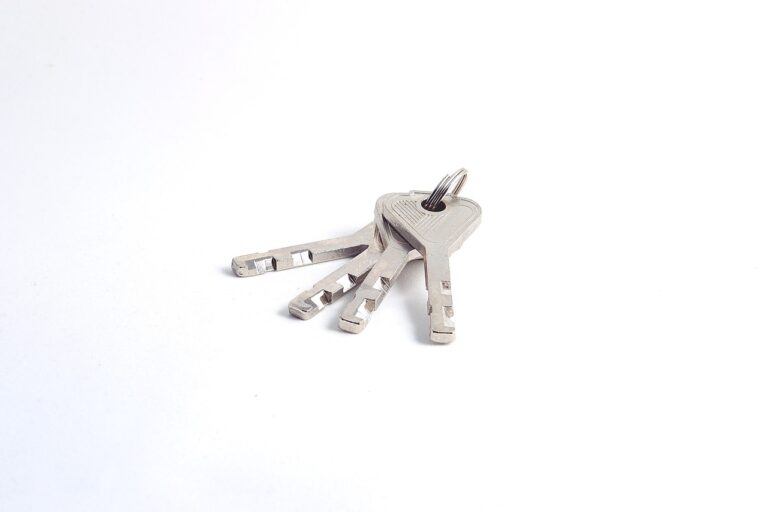The Role of Data Analytics in Optimizing Farm Equipment Performance: 11xplay reddy login password, 24 betting login india sign up, Skyinplay.com login
11xplay reddy login password, 24 betting login india sign up, skyinplay.com login: Farmers around the world are constantly looking for ways to optimize their farm equipment performance to increase efficiency and productivity. One of the most effective tools in achieving this goal is data analytics. By harnessing the power of data analytics, farmers can make informed decisions about their equipment, leading to improved performance and better results.
Understanding the Role of Data Analytics
Data analytics involves collecting and analyzing data to identify patterns, trends, and insights that can be used to optimize performance. When it comes to farm equipment, data analytics can help farmers track various metrics such as fuel consumption, machinery usage, crop yield, and maintenance schedules. By analyzing this data, farmers can make adjustments and improvements to ensure that their equipment is operating at peak performance.
Optimizing Equipment Performance
One of the key benefits of using data analytics to optimize farm equipment performance is the ability to predict and prevent breakdowns. By monitoring equipment metrics in real-time, farmers can identify potential issues before they escalate into costly repairs. For example, by tracking fuel consumption, farmers can detect abnormal patterns that may indicate a problem with the engine or fuel system.
Data analytics can also help farmers improve overall efficiency by identifying areas where equipment is underutilized or overworked. By analyzing machinery usage data, farmers can adjust schedules and allocate resources more effectively. This not only increases productivity but also prolongs the lifespan of the equipment.
Moreover, data analytics can provide valuable insights into crop performance and soil health. By collecting data on crop yield, soil moisture levels, and nutrient levels, farmers can make informed decisions about planting, fertilizing, and irrigation. This can lead to higher yields and healthier crops, ultimately increasing profitability.
FAQs
Q: How can farmers implement data analytics on their farm equipment?
A: Farmers can implement data analytics by using sensor technology to collect data from their equipment and integrating it with software platforms that can analyze and interpret the data.
Q: Is data analytics only useful for large-scale farms?
A: No, data analytics can be beneficial for farms of all sizes. Small-scale farmers can also benefit from optimizing their equipment performance to increase efficiency and profits.
Q: What are the costs associated with implementing data analytics on farm equipment?
A: The costs of implementing data analytics vary depending on the size of the farm and the level of technology used. However, the long-term benefits of improved performance and increased productivity typically outweigh the initial investment.
In conclusion, data analytics plays a crucial role in optimizing farm equipment performance. By leveraging data to make informed decisions, farmers can increase efficiency, prevent breakdowns, and improve overall productivity. With the right tools and technology, farmers can harness the power of data analytics to take their farming operations to the next level.







